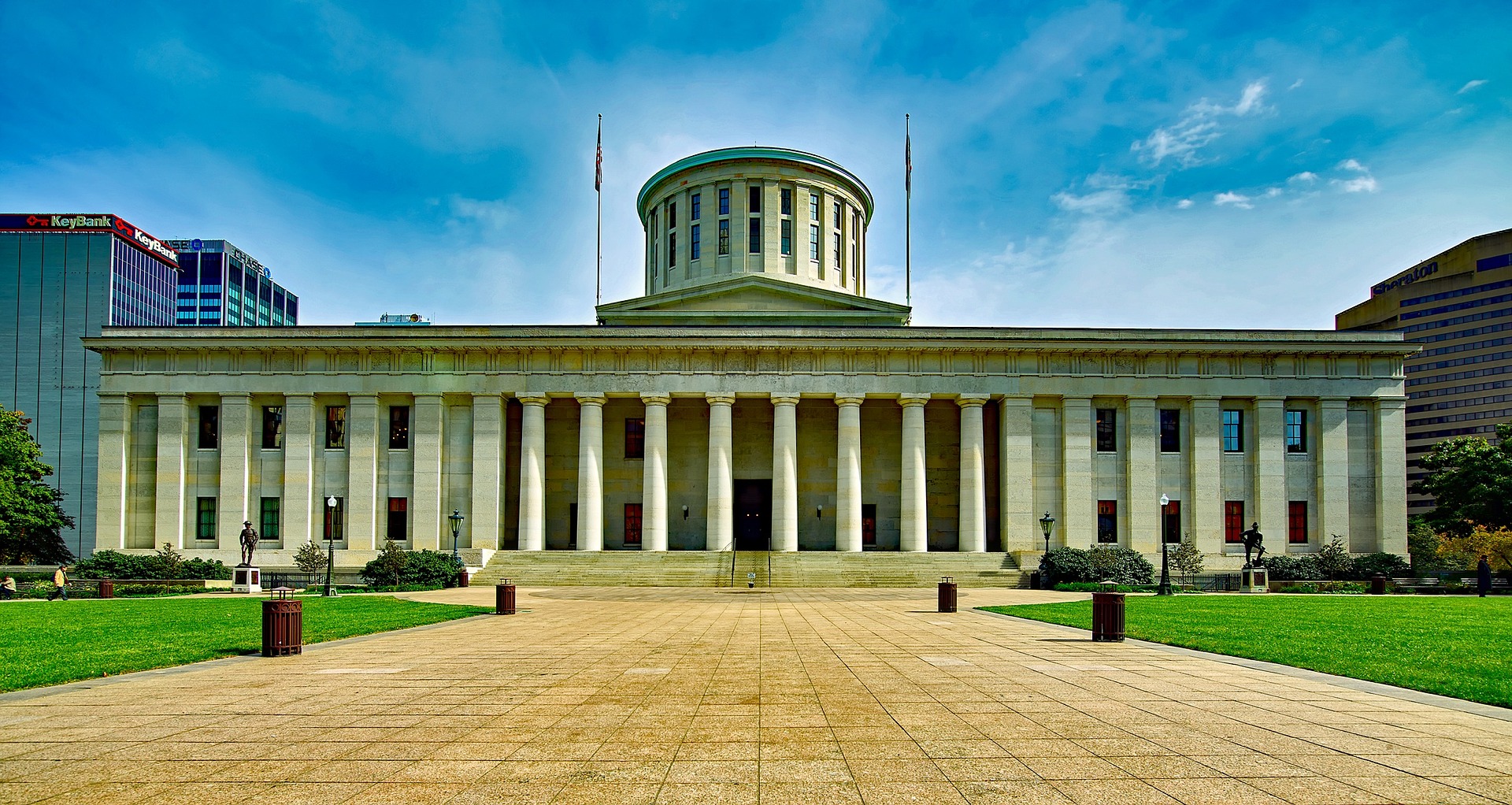Understanding the Role of Dark Money in Politics
Introduction: In the modern world, money has a significant role in shaping political outcomes. One controversial aspect of political financing is the advent of "dark money." This article will delve into the rise of dark money in politics, its legal implications, and its impact on democratic processes.

Background of Dark Money in Politics
Dark money refers to political spending by nonprofit organizations that are not required to disclose their donors. The term was coined following the 2010 Supreme Court ruling in Citizens United v. Federal Election Commission, which lifted many restrictions on political spending. Before this ruling, corporations and labor unions were prohibited from using their general treasury funds for political expenditures. But the court’s decision resulted in a significant increase in political spending, particularly by corporations and anonymous donors.
Legal Developments Around Dark Money
The Citizens United ruling is not the only legal development that has shaped the landscape of dark money in politics. In 2014, the Supreme Court further expanded the ability of wealthy individuals to finance political campaigns in McCutcheon v. Federal Election Commission. The court ruled that aggregate limits on individual contributions to federal candidates were unconstitutional, thus enabling a single donor to contribute to an unlimited number of candidates.
Current Updates on Dark Money
Recently, there has been an increasing call for transparency in political spending. In 2019, the House of Representatives passed the For the People Act, which seeks to increase transparency in elections by requiring organizations involved in political spending to disclose their donors. However, the bill has yet to pass in the Senate.
Implications and Impact on Society
The rise of dark money in politics has far-reaching implications. Critics argue that it undermines democracy by allowing a small number of wealthy donors to exert a disproportionate influence on political outcomes. Supporters of the current system argue that the ability to contribute anonymously is a form of free speech protected under the First Amendment.
Balancing Transparency and Free Speech
The debate over dark money in politics is essentially a struggle between the principles of transparency and free speech. While the need for transparency in political spending is clear, it is important not to overlook the value of free speech and the role it plays in democratic societies. The challenge moving forward is to find a balance that ensures the integrity of our democratic processes while respecting the rights of individuals and organizations to engage in political speech.
In conclusion, dark money in politics presents a complex and controversial issue. While it has been shaped by various legal developments, its impact on society and democracy remains a subject of ongoing debate. It is clear that the issue of dark money is not going away anytime soon, making it essential for citizens to understand its implications and engage in the dialogue.




